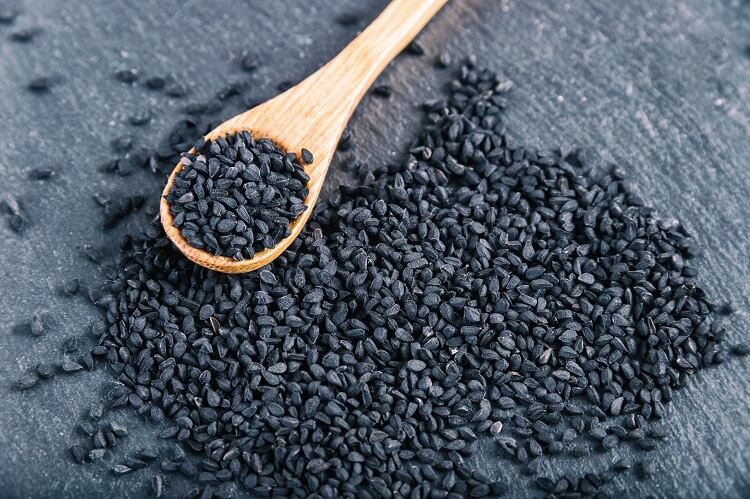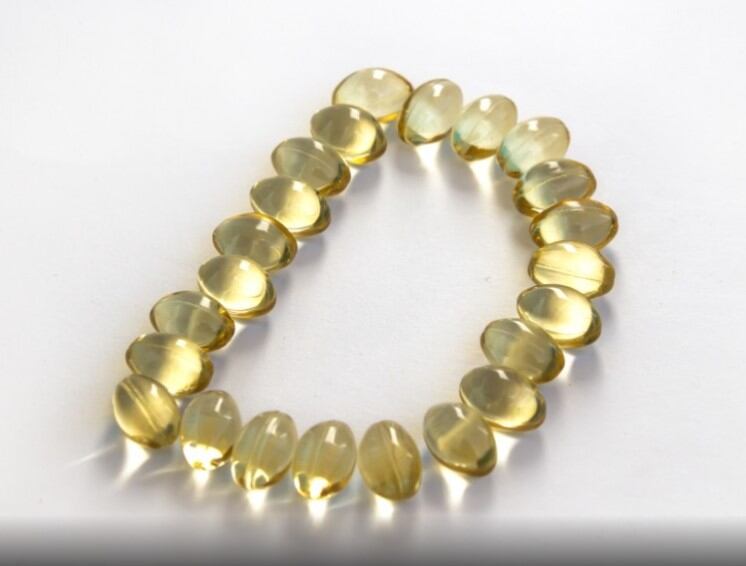The article was published last month in the journal Frontiers in Nutrition. It is the work of a team of researchers from Louisiana State University and Rutgers University and included input from Bill Gurley, PhD, of the National Center for Natural Products Research at the University of Mississippi.
The researchers used previous studies they had done on an ethanolic extract of the culinary herb tarragon (Artemisia dracunculus L.) that was termed PMI-5011 as a case study of sorts. By extrapolating from their experience researching that extract’s effect on glucose homeostasis they were able to put together a road map to help other researchers to conduct studies that avoid some of the more common pitfalls and yield useful data.
Studies of pharmaceuticals avoid some of these potential errors by way of rigid study design. The research material must of course be very tightly characterized both from a safety and intellectual property perspective. Pharmacokinetic studies and preclinical work must be done in a way to satisfy investors who are putting up millions of dollars in funding and will need to be encouraged to put up more to bring the eventual drug to market.
Proper characterization of study material
Studies on dietary supplement ingredients, by contrast, are sometimes done in a more casual manner. Some researchers who are less familiar with the supply arrangements in the industry might in good faith choose a study material with a chemical profile that is not ideally suited to their study design, even if it has the name of the botanical they’re looking for on the label.
The researchers noted that the potential variability of botanical extracts must be kept in mind when designing a new study. Even with good quality control bioactives can fluctuate based on the growing conditions of the raw material. Identifying a reliable biomarker that equates to the activity potential of the extract and testing the material using that benchmark is essential to making sure the study material has adequate bioactivity lot to lot.
Also the type and dosage form of the extract is a key consideration. Extracts made with water differ from those made with solvents in the range of chemicals they pull from the parent botanical. That has implications for subsequent bioavailability. Similarly, the performance of the dosage form must be properly characterized in how quickly and uniformly it releases the active ingredients. That is something the researchers said can be fairly easily done by following USP guidelines.
Dosing, timing and diet recommendations
The researchers also covered questions of calculating dosing between animal and subsequent human studies. While there is an ongoing debate about which exponent to use in these calculations, there is an FDA-recommended benchmark that can be referred to. The results of that calculation are summarized in a table. For moving from a mouse study to a human equivalent dose, for example, it’s recommended to divide the mouse mg/kg amount by 12.3, or, conversely, multiply it by 0.08.
The authors also include recommendations about timing of the interventions, diet guidelines for study participants and more.
“Clinical studies of dietary supplements based on botanical extracts are particularly challenging due to the complex nature of the extracts. Ensuring the design of the clinical study accurately tests the experimental question will depend on keeping the clinically relevant endpoints in mind when planning the pre-clinical studies and careful attention to the seemingly minor details that will ultimately determine the success of translating preclinical studies to the clinical setting,” they concluded.
Source: Frontiers in Nutrition
doi.org/10.3389/fnut.2021.779486
Designing a Clinical Study With Dietary Supplements: It's All in the Details
Authors: Floyd ZE, et al.




